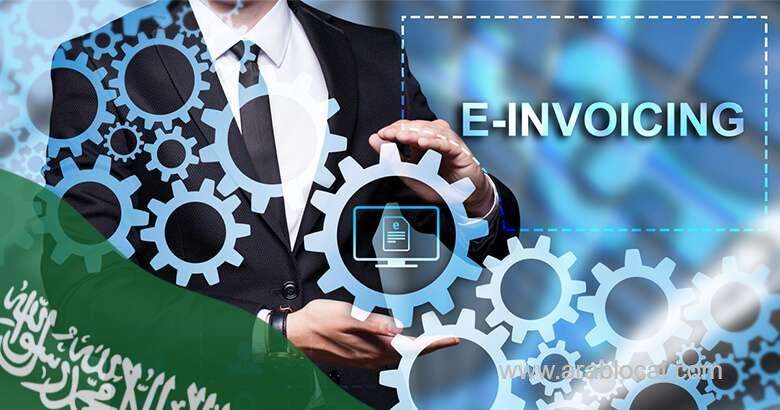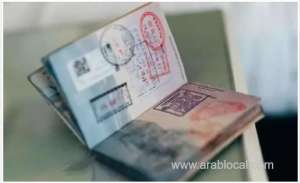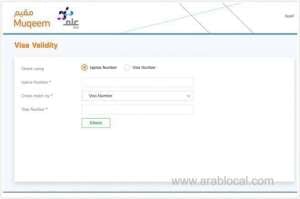An e-invoice is an invoice in digital form. So, simply because it is packaged digitally, anyone can store and publish it electronically. The need for digitisation as well as the issuance of automated invoices is likely to increase in almost all sectors. This is the main reason why Saudi Arabia wants to make e-invoicing mandatory for almost all businesses in the country.
In Saudi Arabia, all e-invoicing processes are strictly regulated and the Authorised party is ZACTA. What is ZACTA? ZACTA stands for Zakat, Tax and Customs Authority. The rules set by ZACTA are binding on every company and individual that conducts business transactions. In fact, the e-invoicing regulation in Saudi Arabia has been in force for about two months since it was adopted in early December last year.
This rule is almost identical to the VAT tax invoice but, unlike the regular invoice, e-invoicing is issued through the Internet. And keep in mind, ZACTA does not recognize scanned traditional paper receipts as e-invoices. There is a big difference.
An important note regarding e-invoicing. It cannot be edited and one or more notes may be added if there is a problem of dissatisfaction with the product purchased or returned. However, the e-invoice remains the same as it was in the beginning. It can be a good idea to use automated software to streamline invoice processing, especially for large companies with a lot of payments.
Again, all e-invoicing regulations in Saudi Arabia are regulated by ZACTA and they regulate almost all details, except VAT-free supplies, imported goods, and any product that has a reverse charge system. Are not regulated.
Why does the Saudi government need e-invoices?
Because they want everything to be connected, especially the businesses that are in the desert. Through ZACTA, they hope to standardise invoicing so that they can apply more control than ever before. E-invoicing will make it easier for tax officials to reduce their obligation to audit. They still have to carry out audits, but with less frequency than before.
The benefits to the taxpayer are as follows:
- A better experience for sellers and buyers because everything is done transparently, thus reducing the risk of fraud that could harm one party.
- Compared to paper receipts, electronic receipts are less prone to error so far there are almost no input errors.
- The seller's workload will be significantly reduced because as a seller, you do not have to go through the hassle of storing and publishing your transaction documents.
Here are two key features to learn about e-invoicing in Saudi Arabia:
- Arabic is the only language recognised in the e-invoicing process. Translation may be required but a valid e-invoice is an e-invoice in Arabic.
- All goods and services that fall under the scope of VAT must include e-invoicing.
Hopefully, this information can help you when it comes to doing business there. Thank you for reading and have a nice day!










